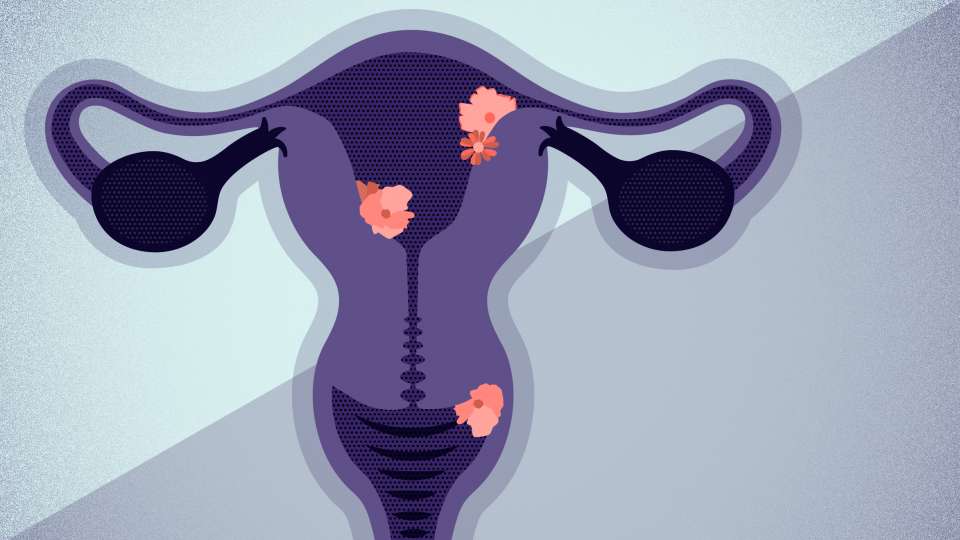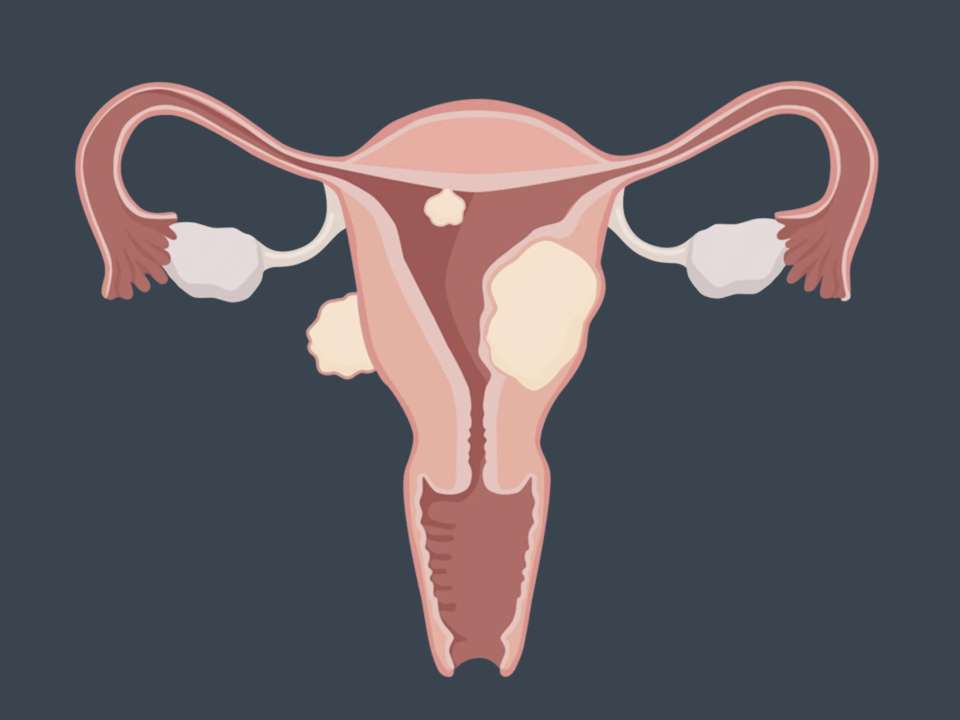
From menstruation to menopause, the vagina does and goes through a lot. This resilient organ cleans itself, expands during childbirth and sex, and can even lift weights. (Yes, really.)
But if your estrogen levels drop — be it from menopause or any number of other reasons — you can also experience a not-so-great change: vaginal atrophy.
Up to 40% of menopausal women experience vaginal atrophy — and younger people can experience this dryness and discomfort too.
What is vaginal atrophy?
Vaginal atrophy — also known as genitourinary syndrome of menopause — is the thinning, drying and inflammation of the vaginal walls due to low estrogen.
The hormone estrogen helps maintain the health of the vagina, vulva and urethra. When your estrogen levels fall, your vagina loses some of its elasticity and its tissues become thinner, dried and more vulnerable to injury.
Low estrogen can also change your vagina’s ecosystem, which opens you up to infections like urinary tract infections (UTIs).
Though usually associated with menopause, vaginal atrophy can be brought on by other cases where estrogen levels decline, such as breastfeeding, endocrine disorders, certain medications and chemotherapy.
How do I know I have vaginal atrophy?
Vaginal atrophy can begin in the years leading up to or after menopause (or it may not happen at all). But knowing the symptoms can help you get properly diagnosed and treated.
“Symptoms can include vaginal itching, burning or dryness, recurrent urinary tract infections, and pain with intercourse,” says Dr. Anna Kirby, a urogynecologist at the UW Medicine Pelvic Health Center.
Along with vaginal discomfort and UTIs, additional symptoms of vaginal atrophy include:
- Urgency with urination
- Frequent urination
- Decreased vaginal lubrication or pain during sex
- Light bleeding after sex
- Shortening and tightening of the vaginal canal
Although several conditions can create these problems, Kirby says low estrogen is the cause of these symptoms in most of the patients she sees.
Luckily, there are treatments available to help alleviate discomfort.
How is vaginal atrophy treated?
While oral estrogen (taken in a pill form) is sometimes used to treat vaginal atrophy, Kirby says vaginal estrogen is the most common and effective treatment. Vaginal estrogen comes in three forms: a ring, tablet and cream.
Kirby says all three options work the same and are safe; the choice ultimately comes down to which option you prefer and will make you the most comfortable.
You insert the ring, tablet or cream into your vagina so that the estrogen is administered directly to the vagina and is not absorbed by the rest of the body. Once in place, it will help reduce dryness and discomfort by increasing your estrogen levels and vaginal discharge.
Vaginal estrogen is used for both people who are going through menopause and for those who aren’t. People who are in postpartum, perimenopause or medical menopause can all benefit from taking vaginal estrogen to help.
It is also safe and effective for people with a family history of breast cancer of blood clots, because unlike oral estrogen, studies show vaginal estrogen will not increase your risk of blood clots.
“Almost every single person that I meet can use vaginal estrogen,” states Kirby. “The absorption into the bloodstream is so low that it can be combined with the systemic hormone replacement, such as the patch or the pill.”
Nonetheless, Kirby advises that you speak with your primary physician or gynecologist to determine if it’s a fit for you.
A common question Kirby gets asked is if it is safe to have sex (including oral sex and sex with partners of all genders) while taking vaginal estrogen. And there’s good news on this front.
“Vaginal estrogen is such a low dose,” says Kirby. “It 100% will not affect your partner during intercourse.”
When it comes to usage, consistency is everything.
“Vaginal atrophy can take years to develop, so it can take time for the vagina to recover,” says Kirby. “As a result, you might need to give the estrogen therapy a couple of months before you will see any results."
Once the estrogen starts working, don’t stop using it. It only works as long as you continue to use it, Kirby says.
The bottom line
Problems such as dryness, irritation and pain during sex are common as your vagina ages, but there are safe treatments such as supplemental vaginal estrogen.
Talk to your primary care provider or gynecologist if you are experiencing symptoms of vaginal atrophy for correct diagnosis and treatment.
Emily Boynton and Vicki Diaz contributed to this article.

 Healthy ideas for your inbox
Healthy ideas for your inbox





